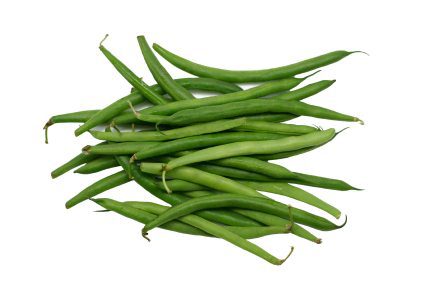The two largest US solar PV manufacturing companies, First Solar and SunPower, said they will target growth in “sustainable” markets such as Australia as part of a new focus on the Asia-Pacific and the Middle East markets. SunPower CEO Tom Werner said Asia-Pacific is offering the best opportunity for growth, with shipments to Japan up 30 per cent and growth expected in Australia, China and India, he told Bloomberg in an interview. First Solar CEO Jim Hughes said his company will be looking to expand in the same regions, along with the Gulf region, where the company has selected the company to build its first solar farm, a 13MW project in the first step of a $US3.3 billion initiative
Both companies reported drops in sales as construction slowed in the US, and demand weakened in Europe. SunPower said its sales fell 8 per cent to $US649 million, while First Solar said its revenue dropped 17 per cent to $US839 million. First Solar recently completed Australia’s first large scale solar farm near Geraldton, and has said it is seeking to supply 20 percent of India’s PV market, and also sees Thailand and Indonesia as growing markets. First Solar’s net income was $US87.9 million, down more than half a year earlier, while SunPower, majority owned by France’s Total, narrowed its losses to $US48.5 million from $US370.8 million.
Australia approves first savanna burning carbon credit project
The first savanna burning project to generate carbon credits has been approved under the Federal Government’s carbon farming initiative (CFI). The Fish River Fire Project, located around 200kms south of Darwin, will earn around 20,000 carbon credits a year under the CFI scheme for strategic fire management on the 1,800 square kilometer Fish River property. Savanna burning involves controlled burns to reduce fuel load and severity of late season fires and to create fire breaks. “Both actions reduce the high level of pollution that would otherwise be generated by out-of-control wild fires,” said Mark Dreyfus, the parliamentary secretary for Climate Change and Energy Efficiency. The credits will be sold to businesses required to offset their carbon liability under the government’s carbon pricing mechanism.
Fish River was bought by the Indigenous Land Council in collaboration with the Australian Government’s National Reserve System and conservation groups The Nature Conservancy and the Pew Environment Group. Local landowners say savanna burning techniques means that less than 3% of the property have been burnt by late season wild fires, compared to more than two thirds of the property previously.
Mixed news for Australian cleantech stocks
Australia’s cleantech stocks had a generally disappointing month of October, despite the stellar performances of a handful of prominent low carbon technology developers. The ACT Australian Cleantech Index lost 4.6 per cent in the month, compared to a 3.2 per cent jump in the broader market. However, its three month performance was respectable at a 5.5 per cent gain, broadly in line with the overall market.
Among the best performers in the most recent period where flow-battery developer Redflow, which posted a 99 per cent gain, LED products developer BluGlass, with jumped 83 per cent; Ceramic Fuel Cells which gained 44 per cent following the announcement of the closure of their Australian manufacturing operations and a focus on European markets with greater support, and Dyesol, which gained 43 per cent as they continue to work with Tata on steel roofing products.










